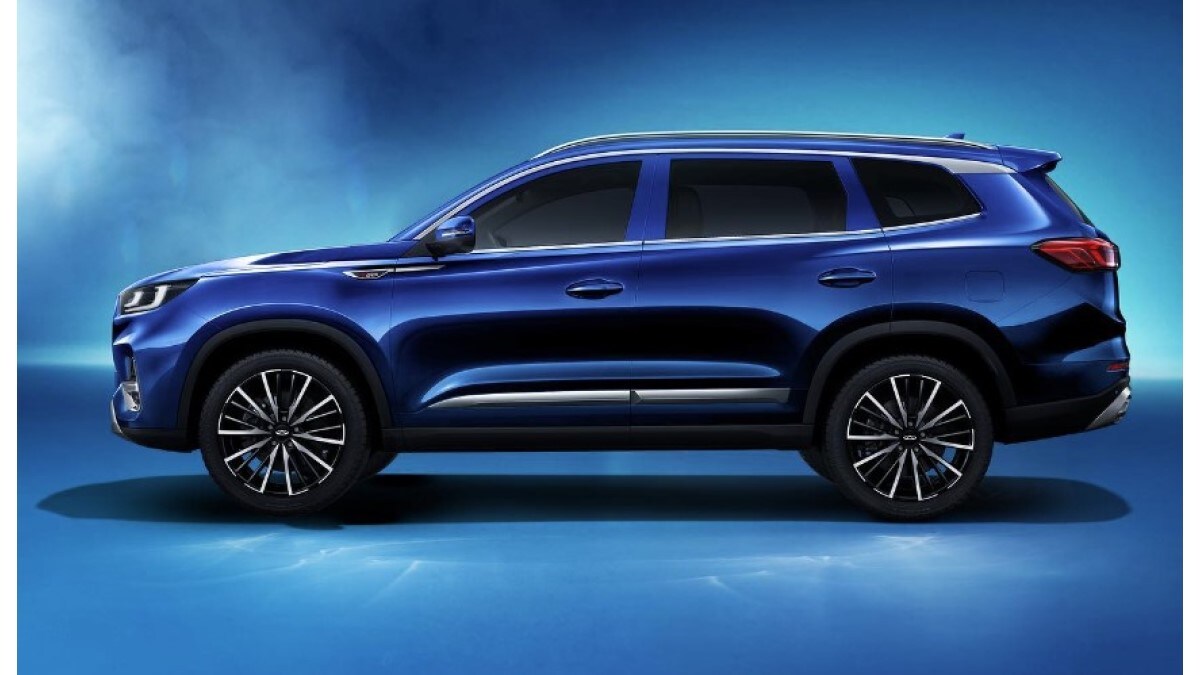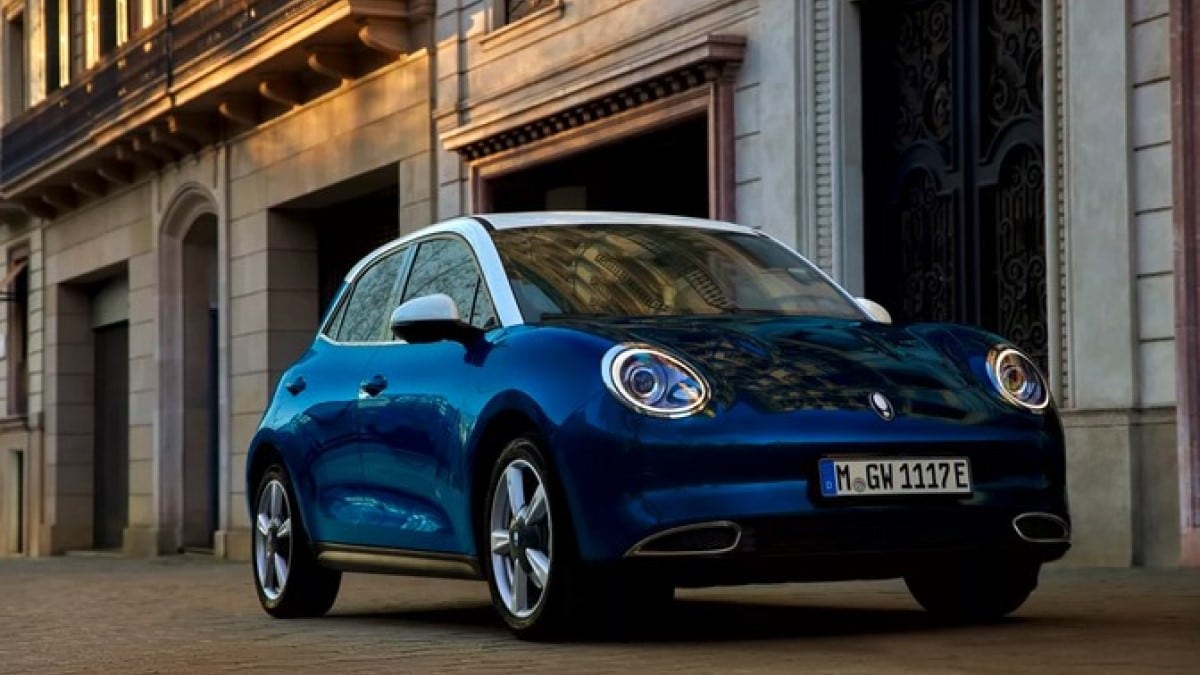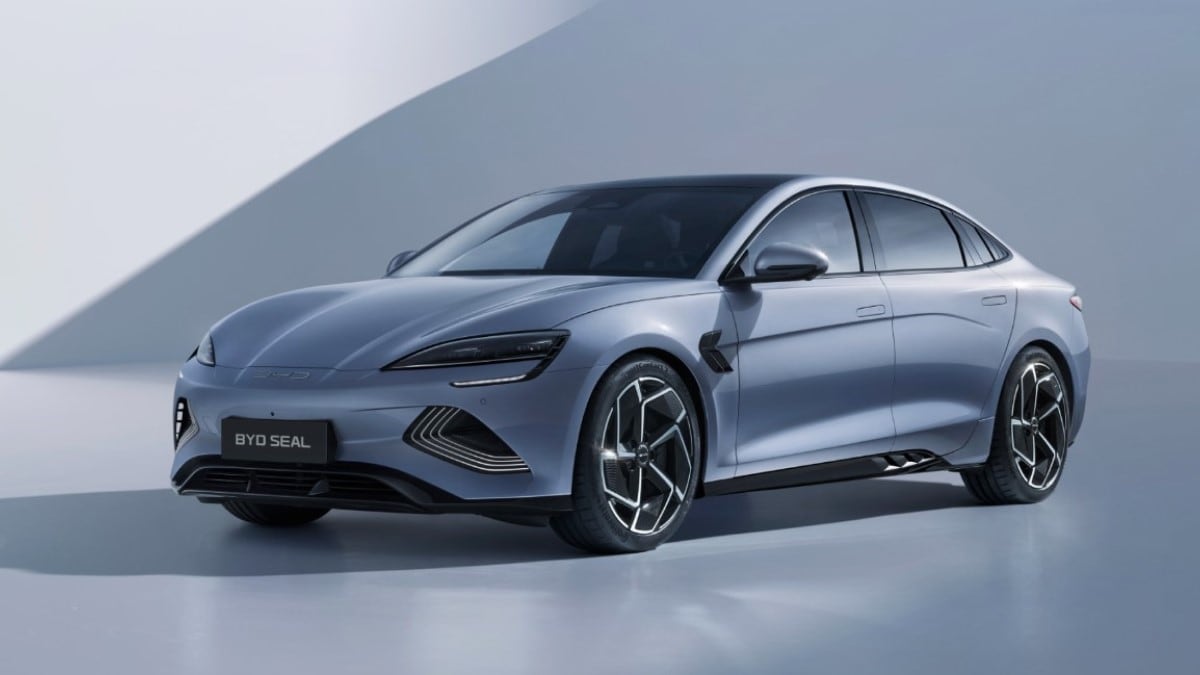There are no cars built by Chinese automakers available in America today. But there are some just across the border in Mexico. And China’s automakers are planning to cross that border soon.
China Is the World’s Largest Car Market
America is no longer the center of the automotive world. The gravity has shifted decidedly east.
According to Kelley Blue Book parent company Cox Automotive, Americans bought just shy of 14 million cars last year. Chinese citizens bought 23.6 million, according to the China Association of Automobile Manufacturers.
Many Manufacturers; A Few to Know
China’s auto industry is proliferating to meet that demand. It can seem chaotic compared to what Americans are used to. President and CEO of AutoForecast Solutions, Joseph McCabe, told WardsAuto, “In 2029, China will have 113 manufacturers. But even worse, they’ll have 105 different brand owners. That’s not sustainable. They all can’t survive.”
But the largest of them have staked out market positions that make them globally competitive.
Growing Quickly in EVs
According to the BBC, Chinese electric vehicle (EV) builder BYD built more electric cars last quarter than any other automaker save Tesla. Warren Buffett called it “the largest player in a global automobile market that was inevitably going electric” in 2008 — and bought a 10% stake in the company.
Related: Chinese Electric Vehicles are Coming, And They May Be Cheap
The company hasn’t tried to bring its cars to the U.S. market yet but operates a 556,000-square-foot factory in Lancaster, California, manufacturing electric buses and motor coaches.
BYD Senior Vice President Stella Li told Bloomberg in June that the company doesn’t currently have a plan to enter the U.S. market.

Some Discussing U.S. Plans
AutoForecast Solutions’ McCabe, however, tells Autoweek BYD is among the Chinese automakers he thinks may enter the U.S. market. He also lists Guangzhou Automobile Group, Chery Automobile, Geely Auto, and SAIC Motor.
Chery, part-owned by the Chinese government, has started talking about a move to U.S. showrooms. Chery Executive Vice President Brian Wu told Motor Trend this month that the U.S. market “is very important for us. We already have a roadmap of how to enter the U.S., but frankly speaking, I can’t say much more about our strategy.”
The company, Motor Trend notes, “entered the Mexican market in 2022 and has quickly gained ground.” It already outsells Honda and Subaru south of the U.S. border and “is planning to build a 400,000-vehicle plant in Mexico later this year.”
That could be a clue to the company’s plans.
Mexico May Be Key
The $7,500 federal EV tax incentives created under last summer’s Inflation Reduction Act require that cars be built in North America to qualify.
A car qualifies for half the credit if the vehicle and its battery are built in North America and the other half if it uses critical battery minerals originating in the U.S. or certain trade partner countries.
That second requirement may be impossible for Chinese-owned companies to meet.
That section of the law explicitly prohibits minerals “extracted, processed, or recycled by a foreign entity of concern.” The Commerce Department is still finalizing its rules for carrying out the law. However, the government has included firms with ties to China under the “foreign entities of concern” definition.
Chinese companies might be capable of building a car that qualifies for half the deduction by using Mexican factories.
The U.S. government also imposes a 25% tariff on many Chinese-built goods. Mexico may offer a solution to that problem, too.
Sam Fiorani, vice president for global vehicle forecasting at AutoForecast Solutions, told Autoweek, “It will be tough, but not impossible, for a company like BYD or GAC to enter the U.S. market. They’re already selling in good numbers in Mexico. Once they get those volumes high enough, they’ll open a local plant. With local content, they can get around the 25% tariff.”

Chinese Cars Outselling American Cars There
North American trade rules made it easier for automakers to import cars from Mexico to the U.S. American and Japanese automakers already take advantage of those rules, with popular models like the Nissan Sentra, Ford Mustang Mach-E, and Chevrolet Blazer built in Mexico for the U.S. market.
Mexico Now, an organization that seeks to promote foreign investment in Mexico, reports that, in 2022, China supplied more cars to Mexico than American automakers did. Motor Trend notes, “Over the past three years, nine Chinese automakers have set up shop in Mexico.”
Selling in Mexico doesn’t guarantee that those companies will try to enter the American market. But it would be a smart first step for any company that planned to try.








